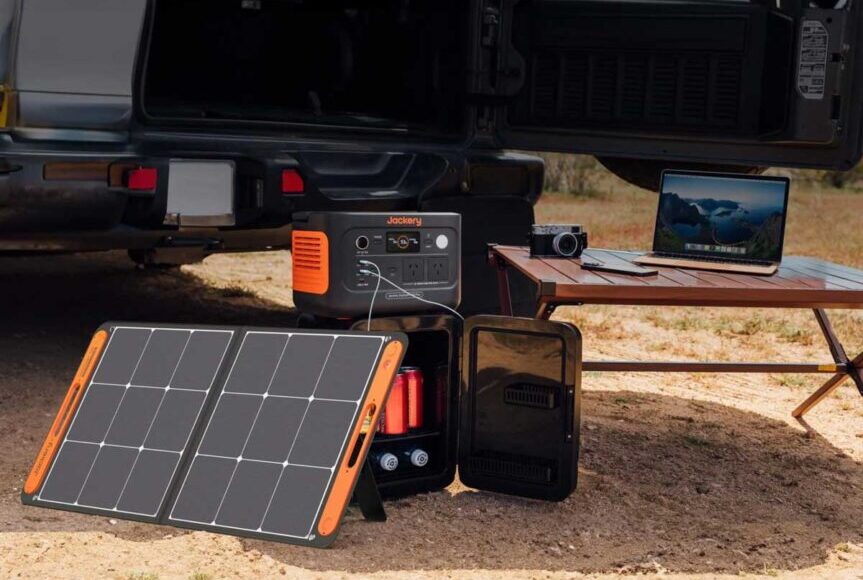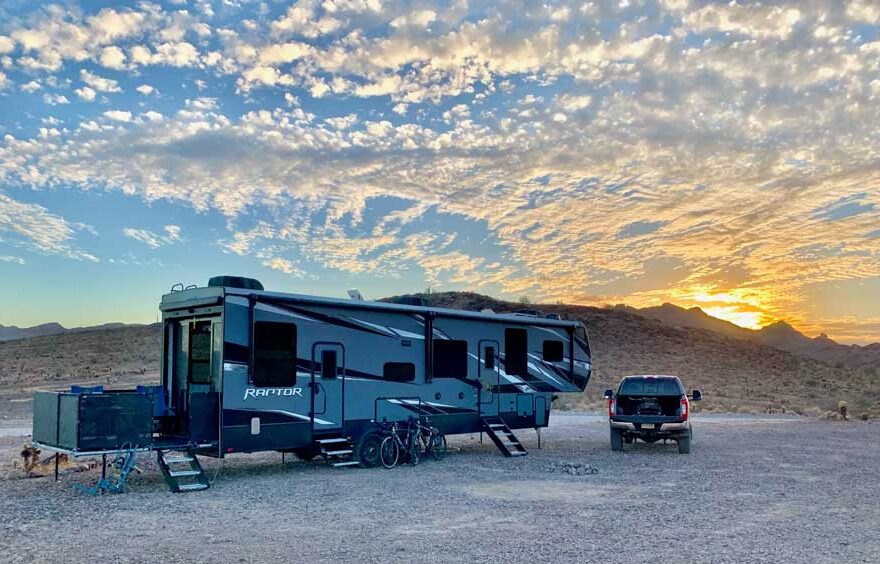When the Unexpected Strikes: Navigating Sudden Road Hazards with Confidence

The open road comes with freedom, but it also carries risk. While most drivers prepare for obvious dangers like distracted driving or poor weather, many overlook one common hazard that can cause severe damage or even injury: flying debris.
Whether it’s a loose tire, construction material, or cargo tumbling from an unsecured load, these road threats are more common than most people think. Even seasoned drivers can find themselves in a situation where something unexpected collides with their vehicle. Understanding how to respond, who might be responsible, and what your next steps should be can help you stay safer and protect your finances.
Common Types of Road Debris
Flying debris can come from many sources, and it often strikes with little warning. Some of the most frequent culprits include:
- Loose gravel from road work zones
- Tree limbs or foliage after storms
- Furniture or appliances falling from moving trucks
- Spare tires or bumpers that weren’t properly secured
- Construction materials such as wood planks, nails, or metal rods
The danger isn’t just to your vehicle. Swerving to avoid debris is a major cause of multi-car accidents, especially on highways. According to national traffic data, thousands of crashes each year are related to unsecured loads or unexpected debris.
Immediate Steps to Take After an Incident
If flying debris hits your vehicle, your first instinct might be panic. But staying calm and following a few key steps can keep you safe and support any future claim you may need to make.
- Pull over safely: Avoid sudden movements. Signal and slow down before pulling off the road.
- Check for injuries: Make sure everyone in the car is okay. If there are injuries, call emergency services immediately.
- Document the scene: Take photos of the damage and debris if possible. Note road conditions and nearby vehicles that were involved.
- Call local law enforcement: A police report can serve as valuable documentation for insurance or liability purposes.
- Seek out the responsible party: If you saw a truck or vehicle lose cargo, get a license plate or company name. This may help you file a claim with their insurer.
Who Pays? Understanding Liability
Liability in these cases depends heavily on the circumstances. If you can prove another driver or company was negligent, such as failing to secure a load properly, they may be held responsible for the damages. This could come through their commercial insurance, auto policy, or, in some cases, a personal injury claim.
However, if the debris is from an unknown source or if no one can be identified, you may be left relying on your comprehensive insurance coverage. This is why many insurance experts recommend carrying full coverage even if your car is paid off.
Some key terms to understand when evaluating coverage:
- Comprehensive insurance: Covers damage from non-collision incidents like debris, hail, or vandalism.
- Uninsured motorist property damage: May apply if the responsible party is identified but lacks coverage.
- Deductibles: Know what you’ll pay out of pocket before insurance kicks in.
Knowing how liability is determined and what your insurance covers can help you act quickly and confidently if the unexpected happens on the road.
Prevention Is Still the Best Policy
While some road debris incidents are completely unavoidable, you can reduce your risk by taking a few smart precautions:
- Leave extra space when following large trucks or vehicles with cargo.
- Avoid driving behind construction convoys or open-bed trucks when possible.
- Keep your windshield clean and wipers functional to maximize visibility.
- Drive slower in areas with poor road maintenance or after storms.
Additionally, dash cams are becoming a popular investment for both legal protection and peace of mind. A dash cam can capture footage of the incident and provide valuable evidence when trying to prove liability.
The Legal Side of Road Safety
It’s not always clear whether an incident involving road debris qualifies for a legal claim. That’s why speaking with a lawyer, especially one experienced in traffic liability and personal injury, is often worth the time. They can assess whether negligence was involved, if third parties (like cargo companies or city maintenance crews) may share responsibility, and what kind of compensation might be available.
Claims can sometimes cover:
- Car repairs or replacement
- Medical expenses
- Lost wages
- Pain and suffering, depending on the extent of the incident
Understanding your legal options early can make a significant difference in how smoothly the recovery process goes, both financially and emotionally.
Stay Informed, Stay Protected
No one expects to be struck by debris on a morning commute. But road hazards don’t wait for ideal circumstances. By knowing how to respond, what protections your insurance offers, and when to seek legal help, you can move forward with clarity and confidence even when the unexpected happens.
The road might be unpredictable, but your response doesn’t have to be.


